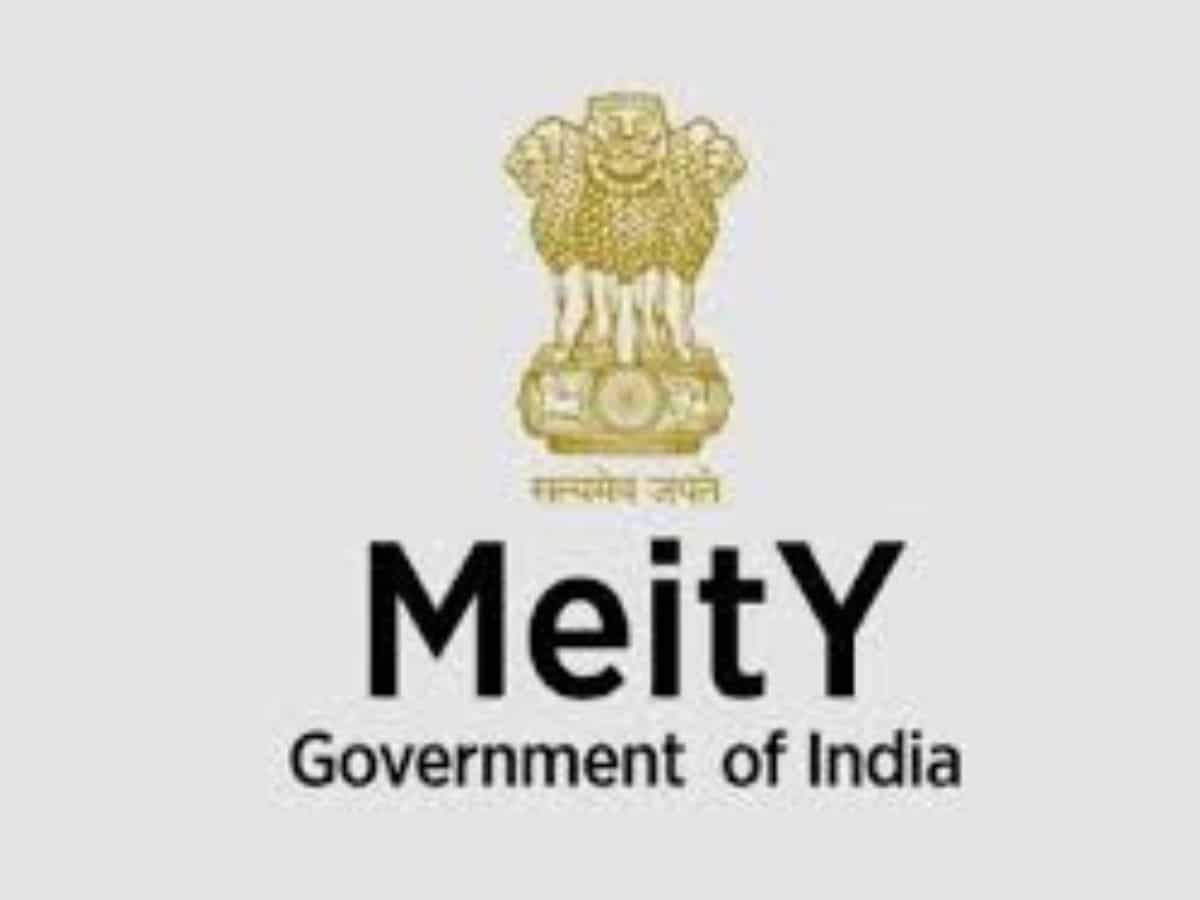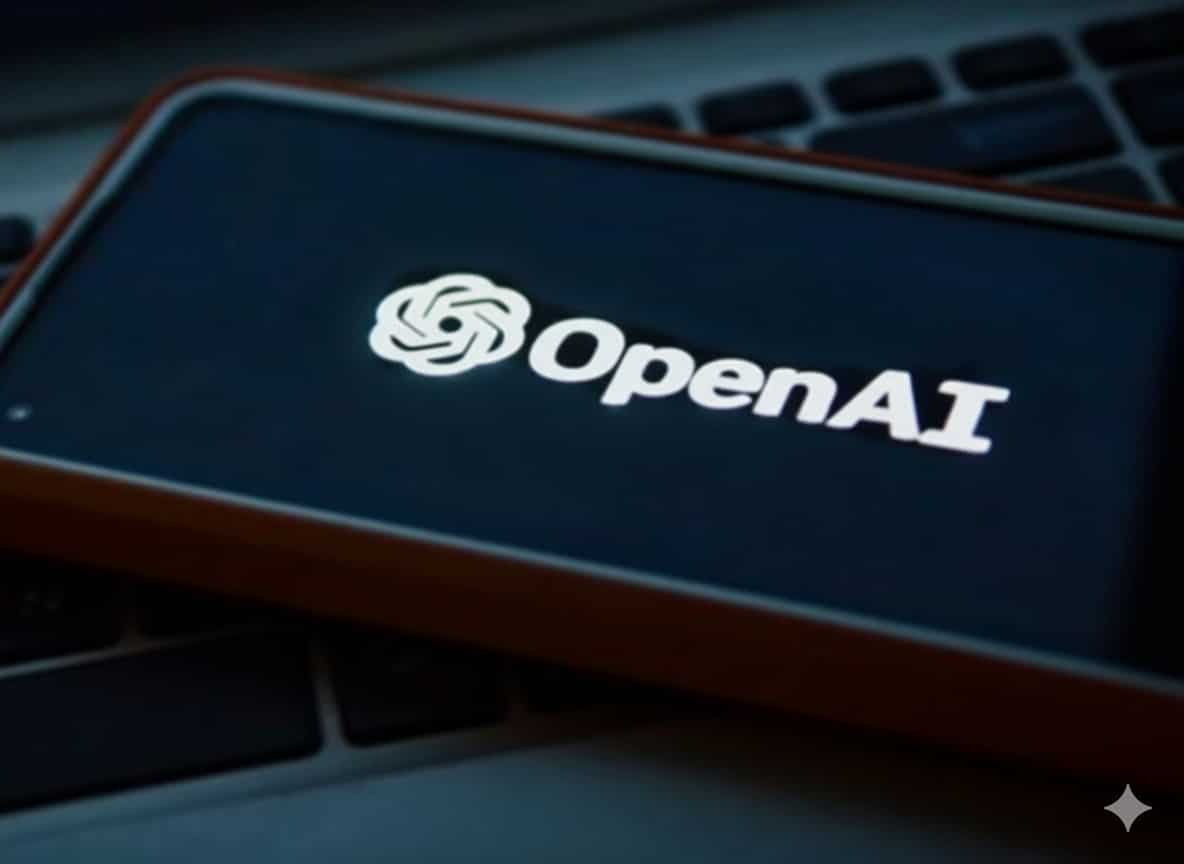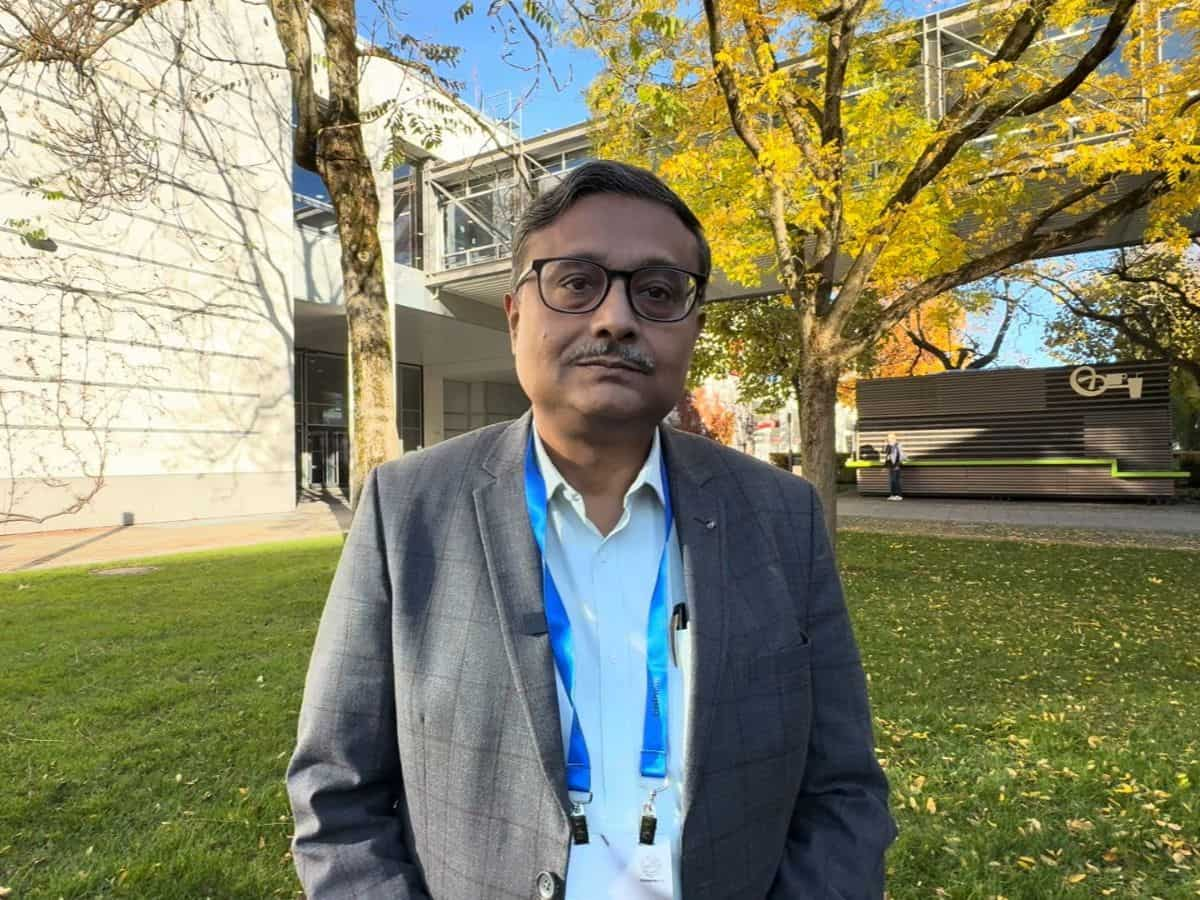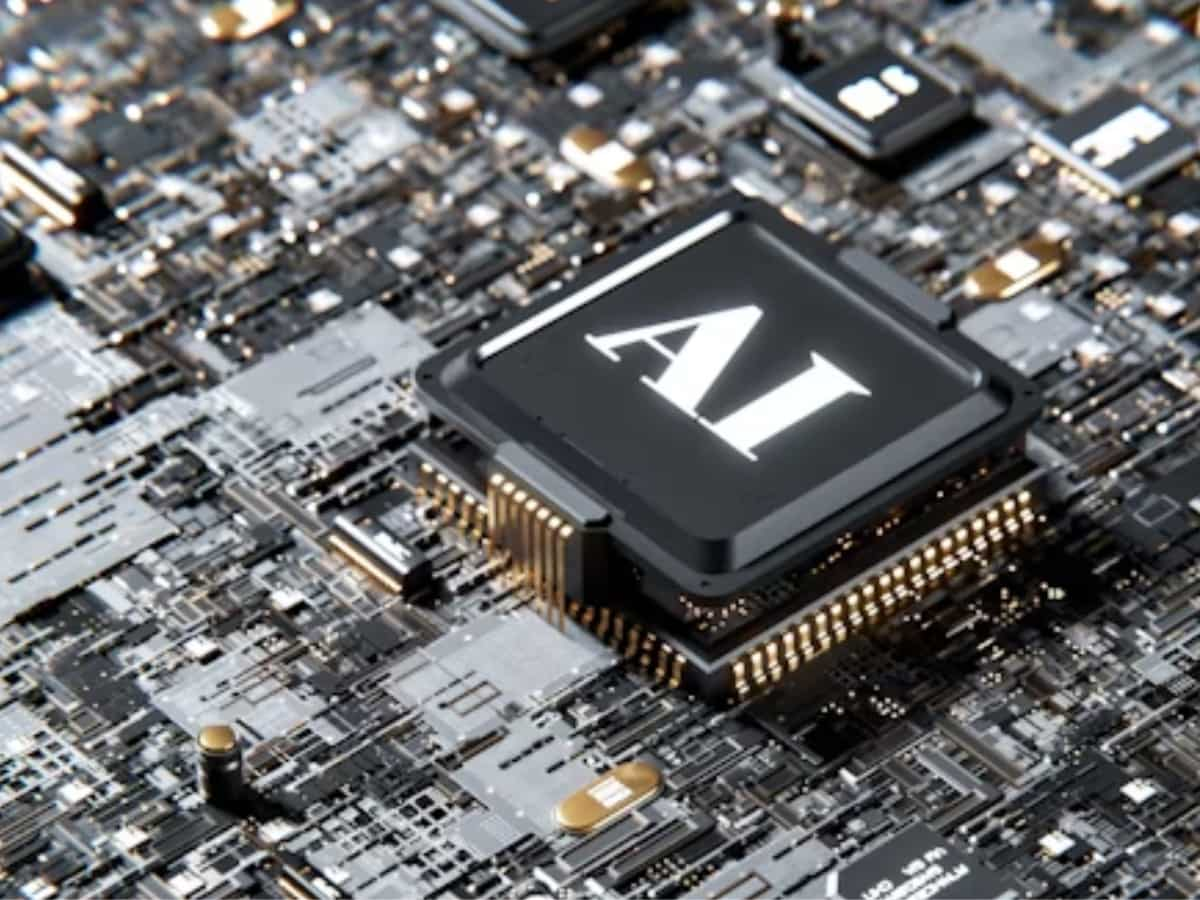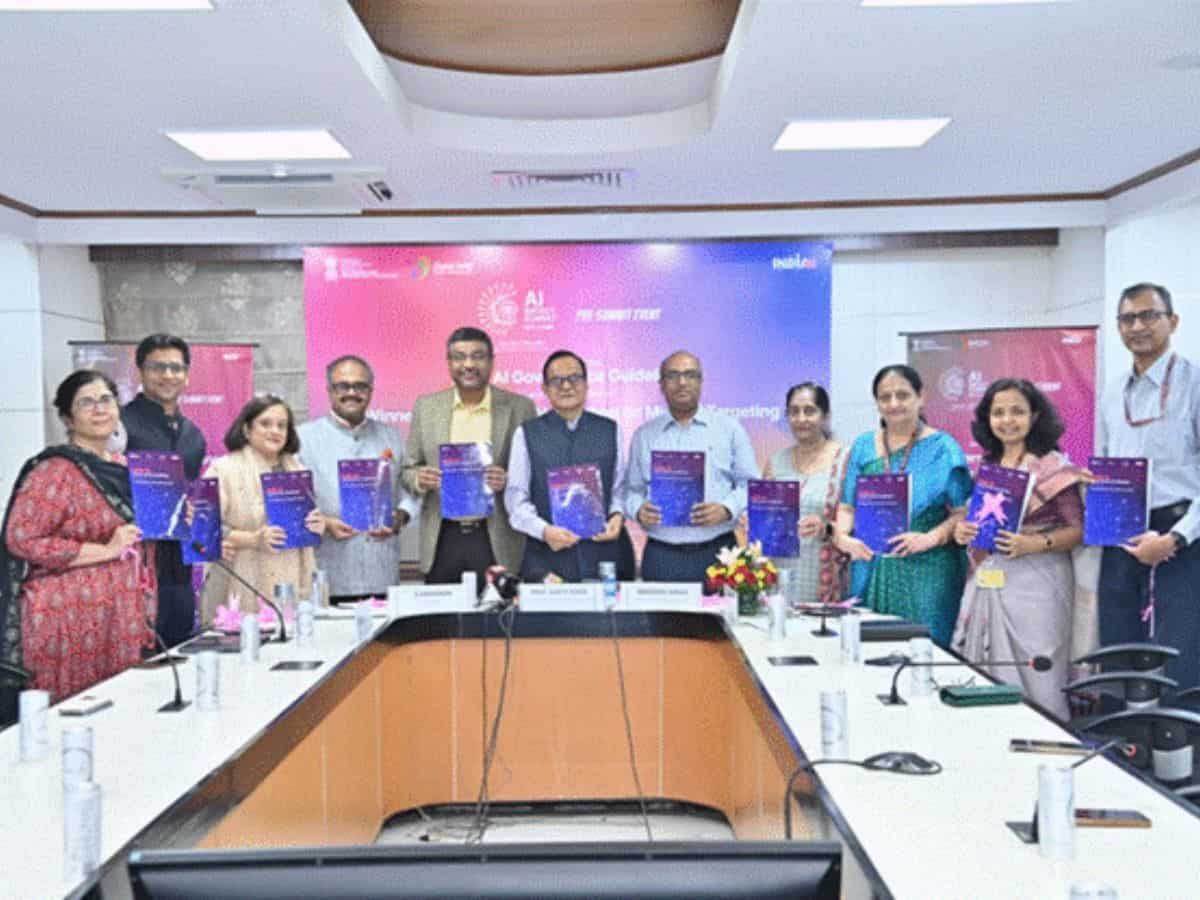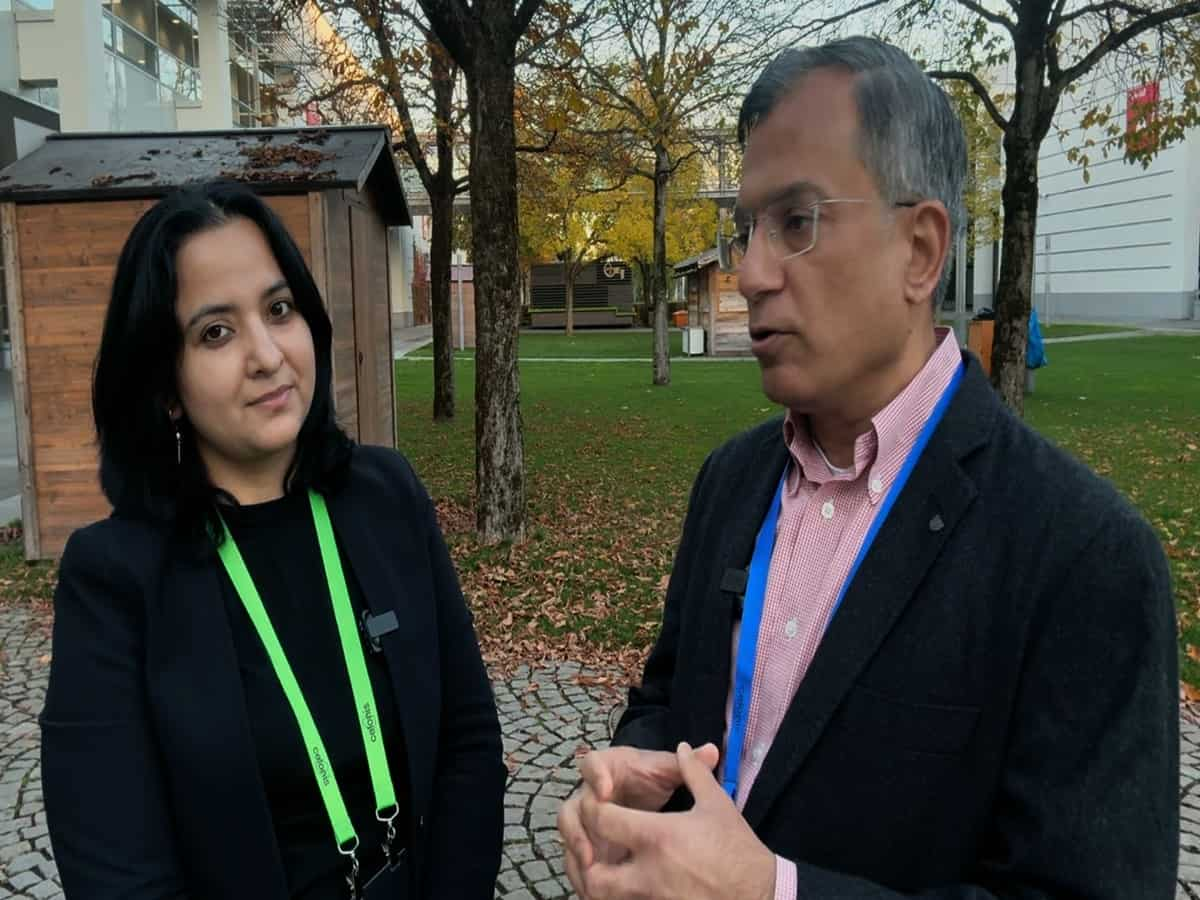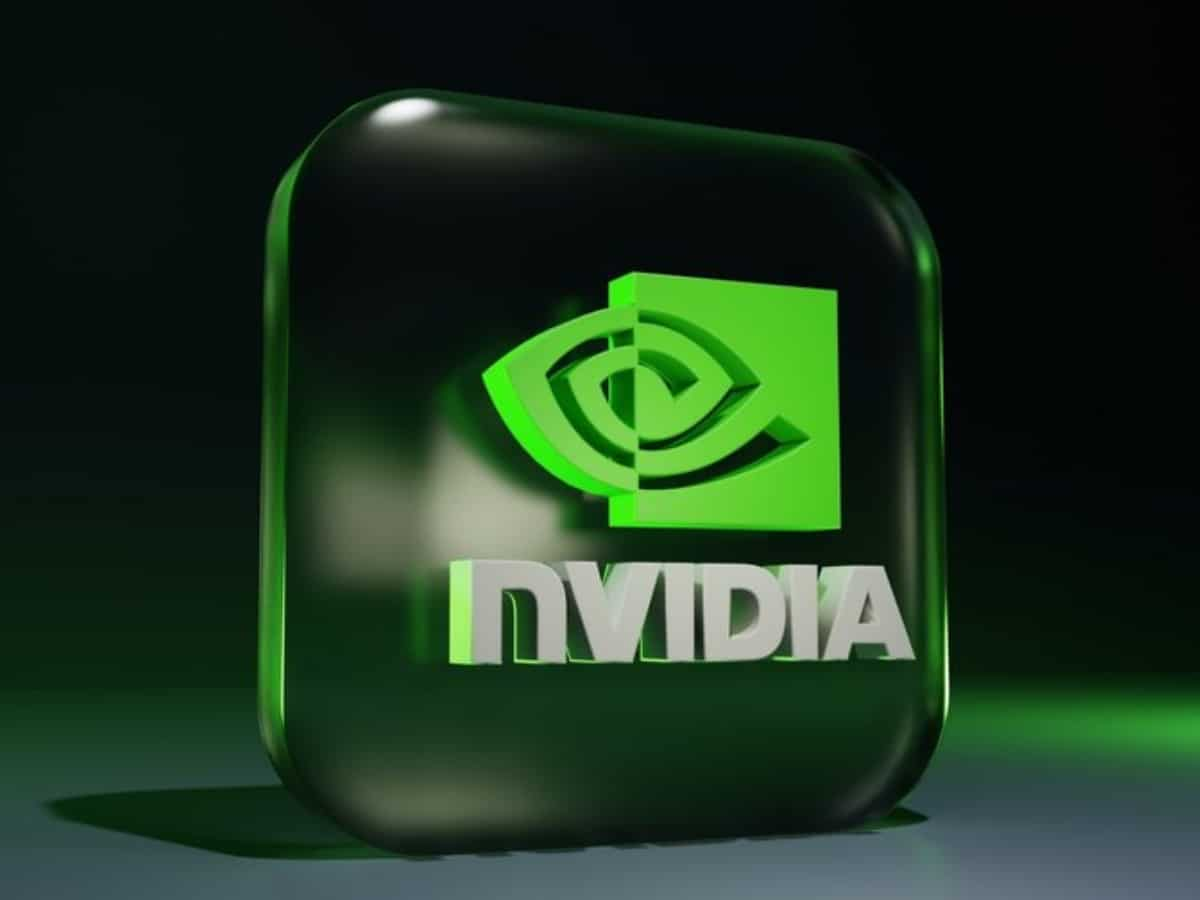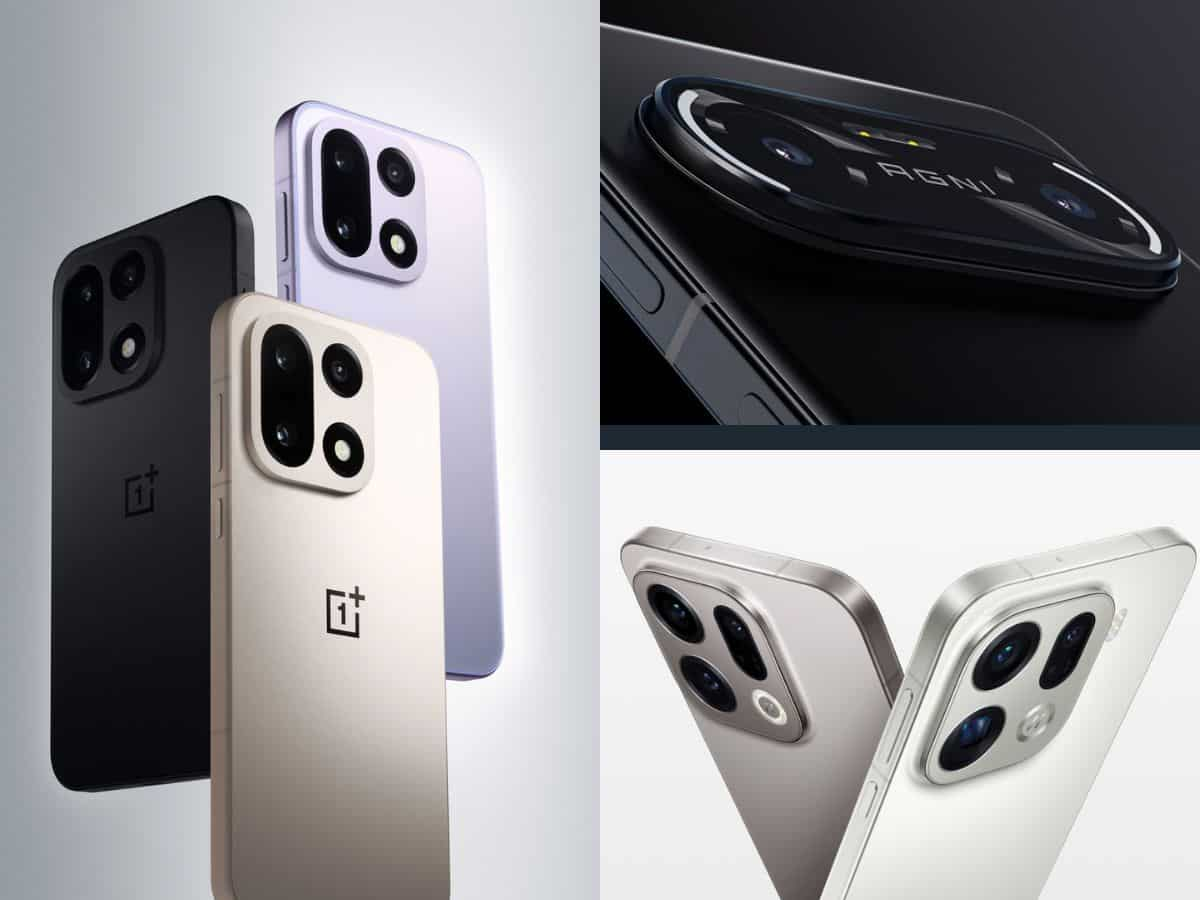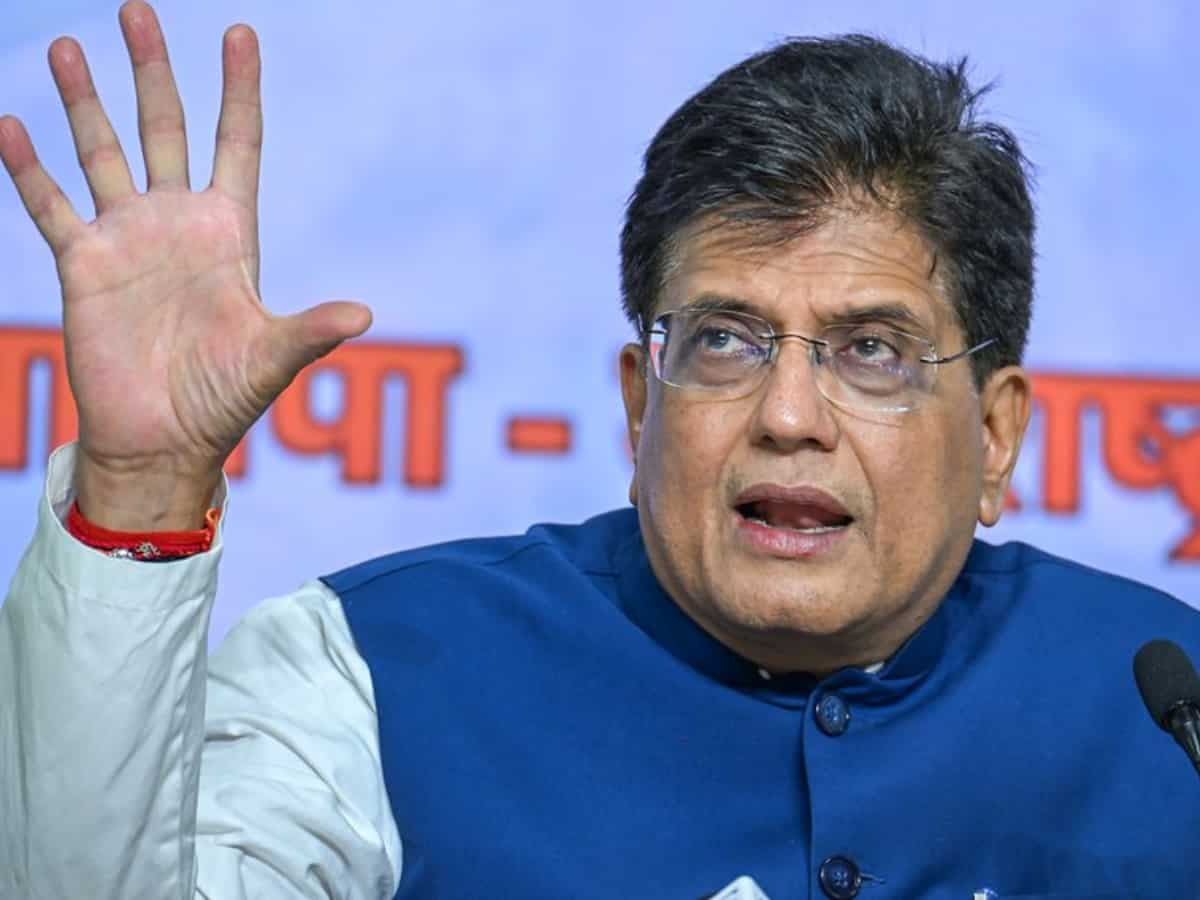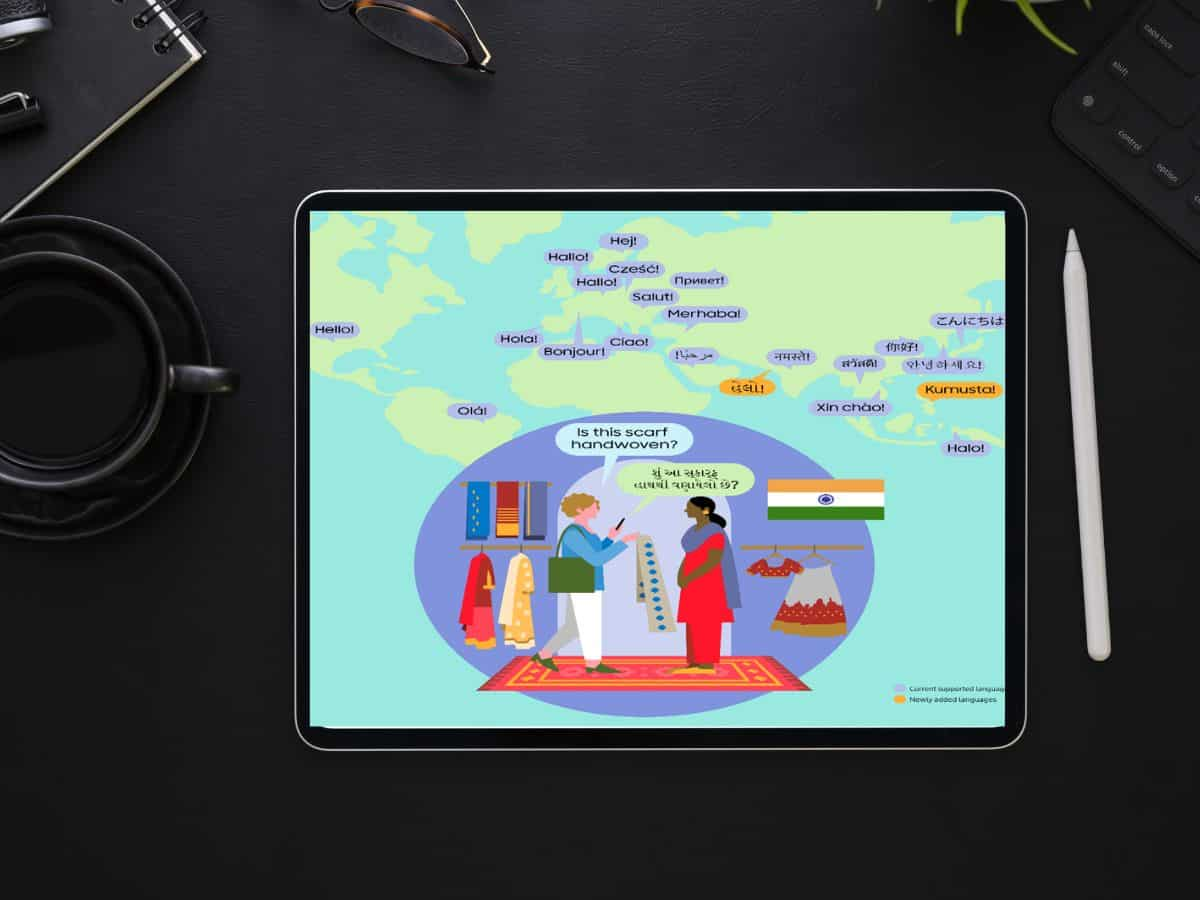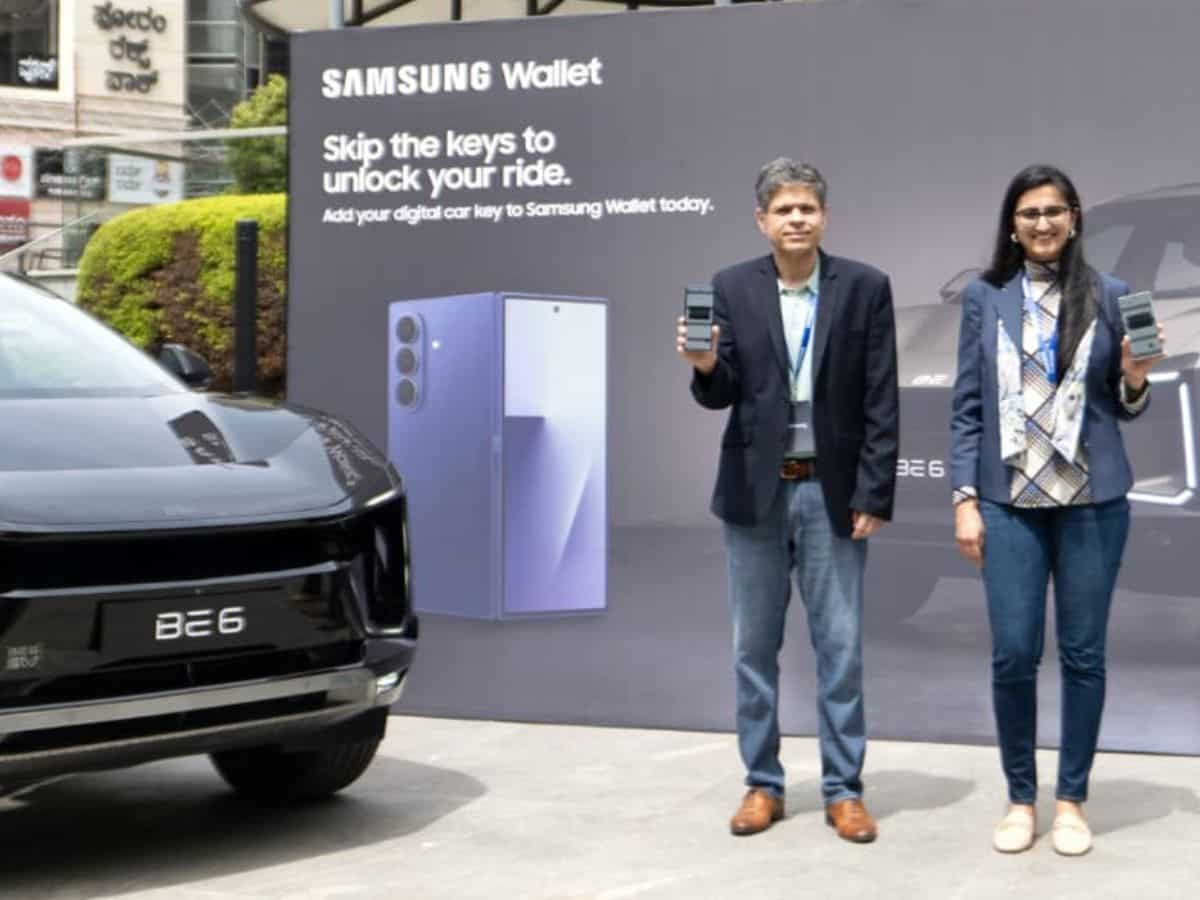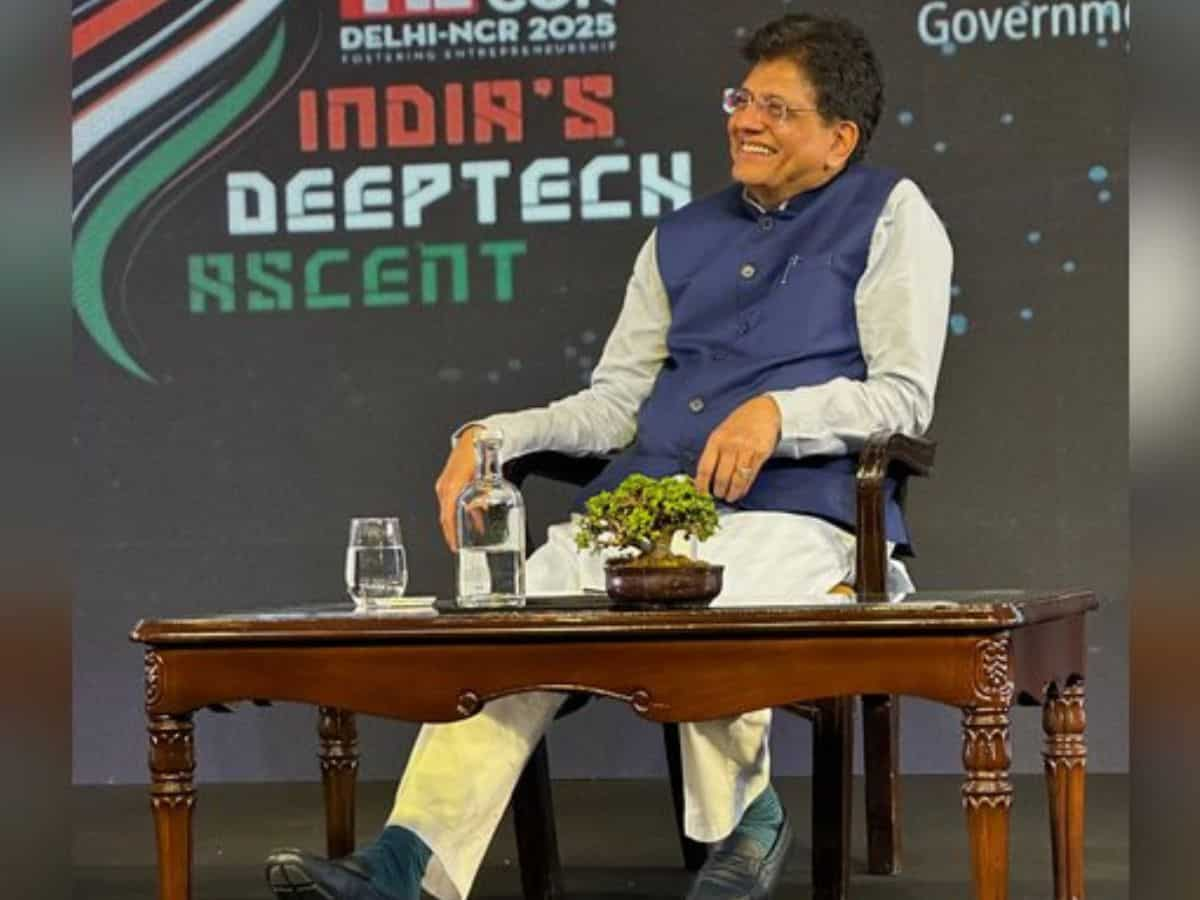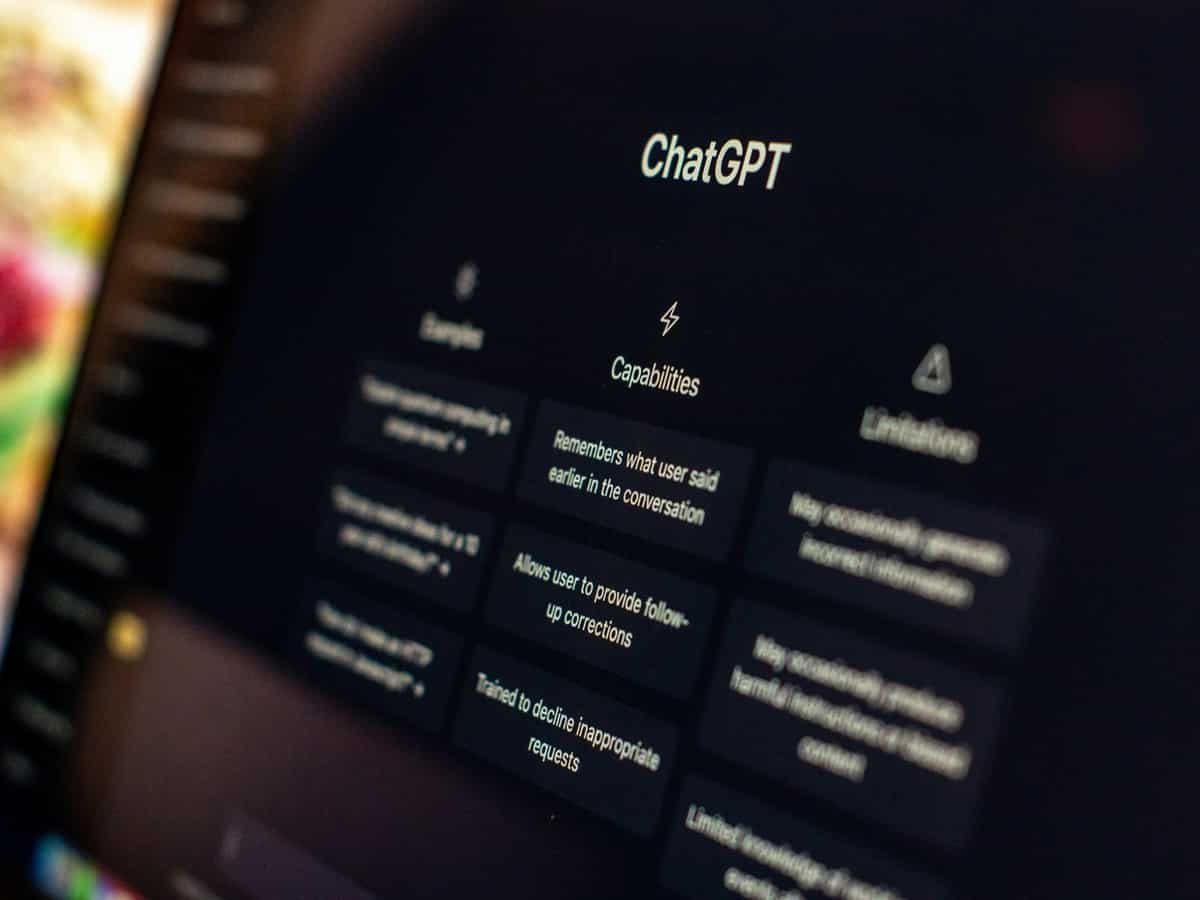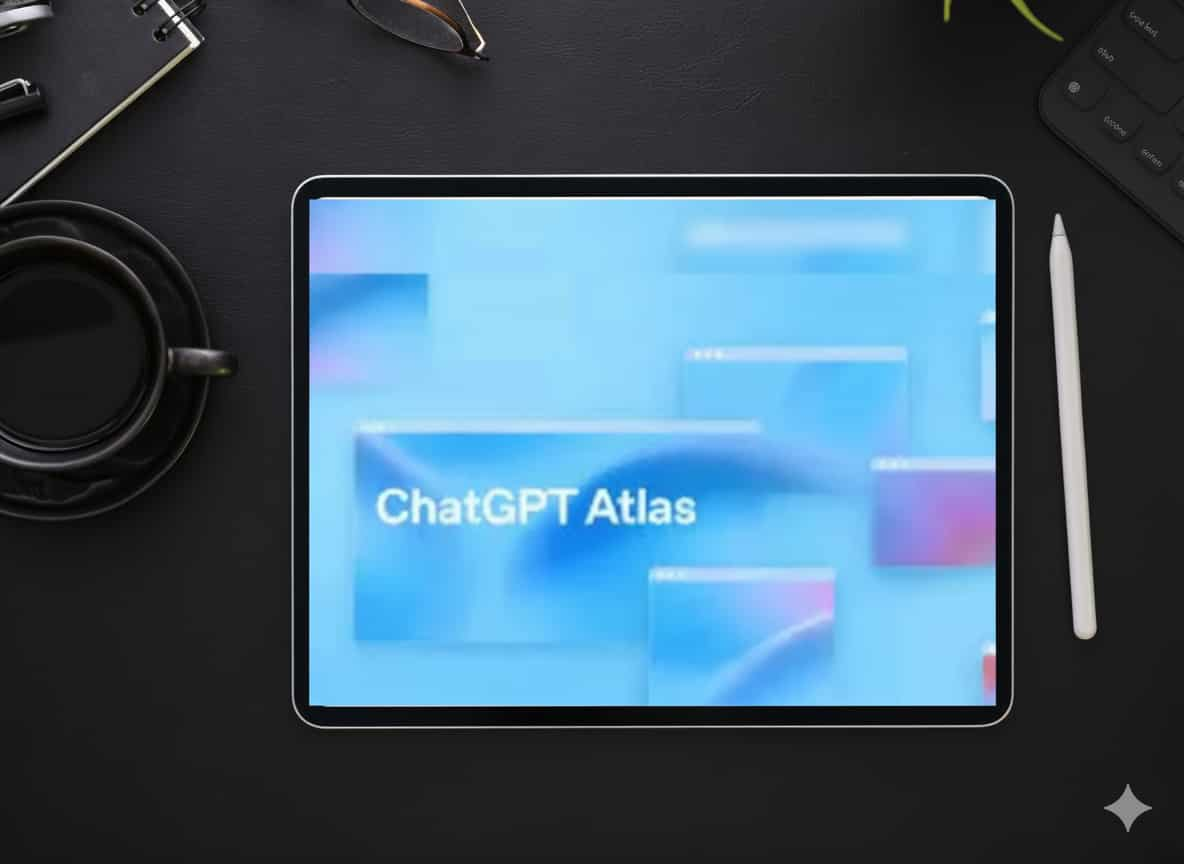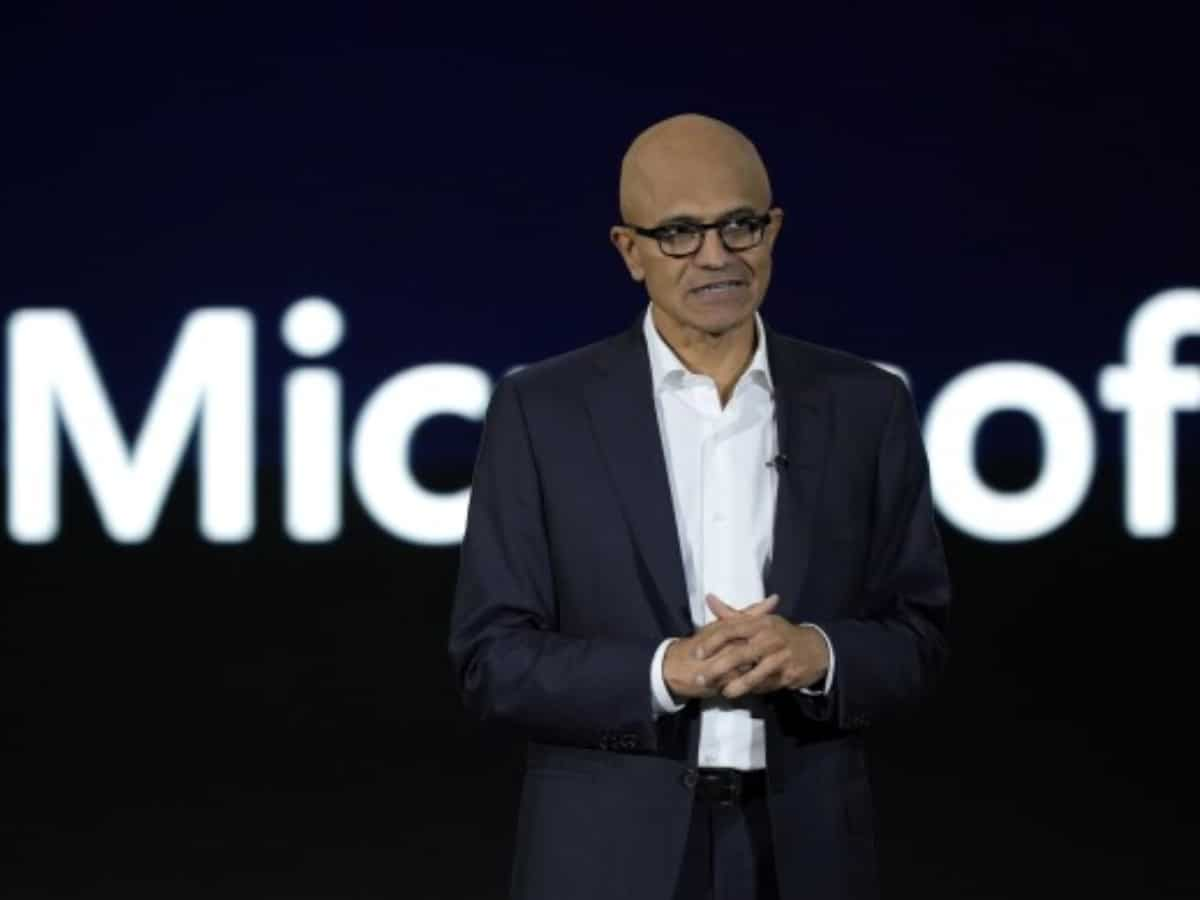
India is setting its sights on securing at least 10 per cent of global 6G patents by 2030, as part of its ambition to become a world leader in next-generation telecom technology, said Department of Telecommunications (DoT) Secretary Neeraj Mittal on Tuesday.
Speaking at the Emerging Science, Technology and Innovation Conclave (ESTIC) 2025 at Bharat Mandapam, Mittal highlighted India’s rapid technological progress, noting, “India has demonstrated its prowess through one of the fastest 5G rollouts globally. Thanks to the Prime Minister’s vision, we have not only deployed 5G quickly but also used its advanced features—reliability and low latency—to drive innovation through 100 5G labs across the country.”
Mittal said the government’s approach combines robust R&D support, domestic manufacturing incentives, and stronger links between academia, industry and government. “This is a multi-pronged approach—supporting R&D, encouraging manufacturing, and creating bridges between academia, industry, and government,” he noted.
He added that under the Bharat 6G Alliance, India aims to contribute at least 10 per cent of the world’s 6G patents by 2030. “The government is funding licenses, testbeds in terahertz and optical domains, and 100 dedicated R&D projects for 6G. Collaboration is the hallmark of this effort,” Mittal said.
Focus Areas: Spectrum, open RAN and AI integration
Mittal underlined key priorities such as enabling spectrum access for 6G, advancing open RAN and indigenous chipset ecosystems, and integrating AI for intelligent and resilient networks. “We are also building regulatory sandboxes so startups can test innovations,” he said.
He emphasised that the upcoming technologies would play a crucial role in achieving the nation’s Atmanirbhar Bharat and Viksit Bharat 2047 goals. “The journey looks difficult and the goal impossible, but we can make the journey worthwhile and the goal achievable,” he said.
Speaking to ANI, Mittal described Artificial Intelligence (AI) as the “core driver” of future communication networks. “AI is transforming communications—enabling self-healing, enhancing efficiency, and ensuring network resilience. It’s one of the key pillars of 6G,” he said.
He also acknowledged the challenges faced by smaller players in the sector, saying, “There are tremendous entry barriers for small companies, which is why our focus remains on helping MSMEs and startups grow and innovate.”
About ESTIC 2025
The Emerging Science, Technology and Innovation Conclave (ESTIC) 2025, held from November 3–5, has drawn over 3,000 participants, including Nobel Laureates, scientists, industry leaders, and policymakers. Discussions span 11 key domains—from AI and quantum technologies to semiconductors and the blue economy.
On the inaugural day, Prime Minister Narendra Modi launched the Rs 1 lakh crore Research, Development and Innovation (RDI) Fund, first announced in the Interim Budget 2024–25. The fund aims to provide long-term, low-cost financing to boost private sector investment in research and innovation across sunrise industries.
Doonited Affiliated: Syndicate News Hunt
This report has been published as part of an auto-generated syndicated wire feed. Except for the headline, the content has not been modified or edited by Doonited








